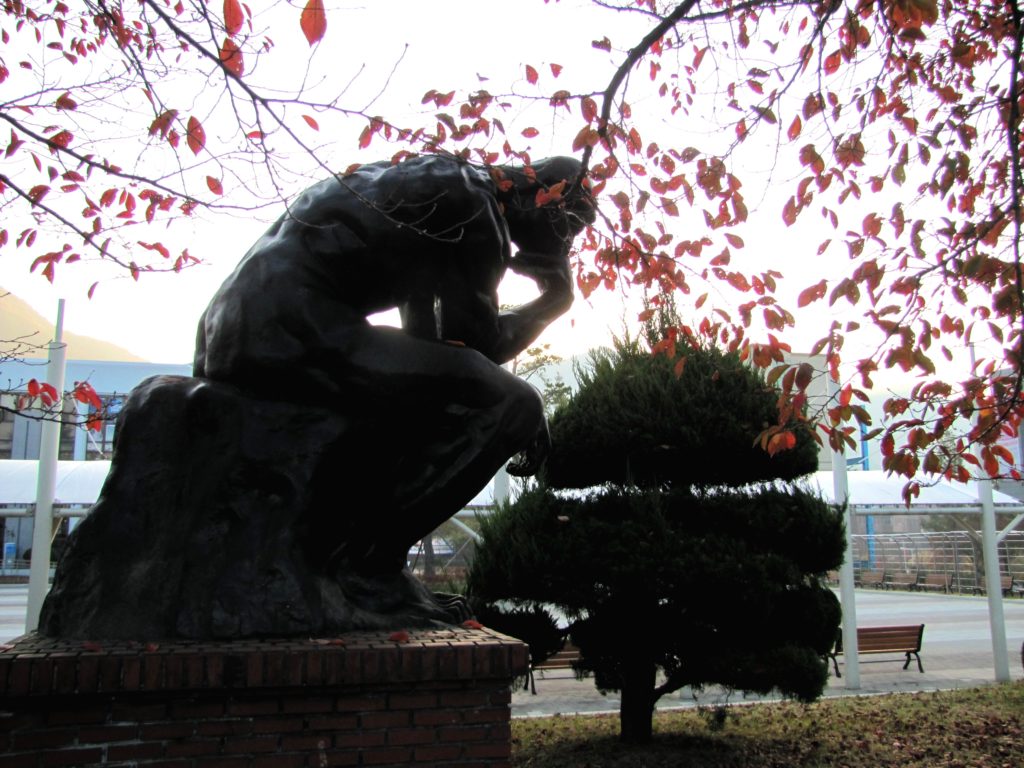Limits Imposed and Removed
Jorge Luis Borges, one of my favorite modern writers, published two distinct but similar poems called “Limits,” dealing with roughly the same philosophical theme, namely the gradual narrowing of our remaining experience as we grow older. I wish to discuss the shorter of the two poems, which, although less well-known, is the one I prefer. I begin with Borges’ work itself, which I...








